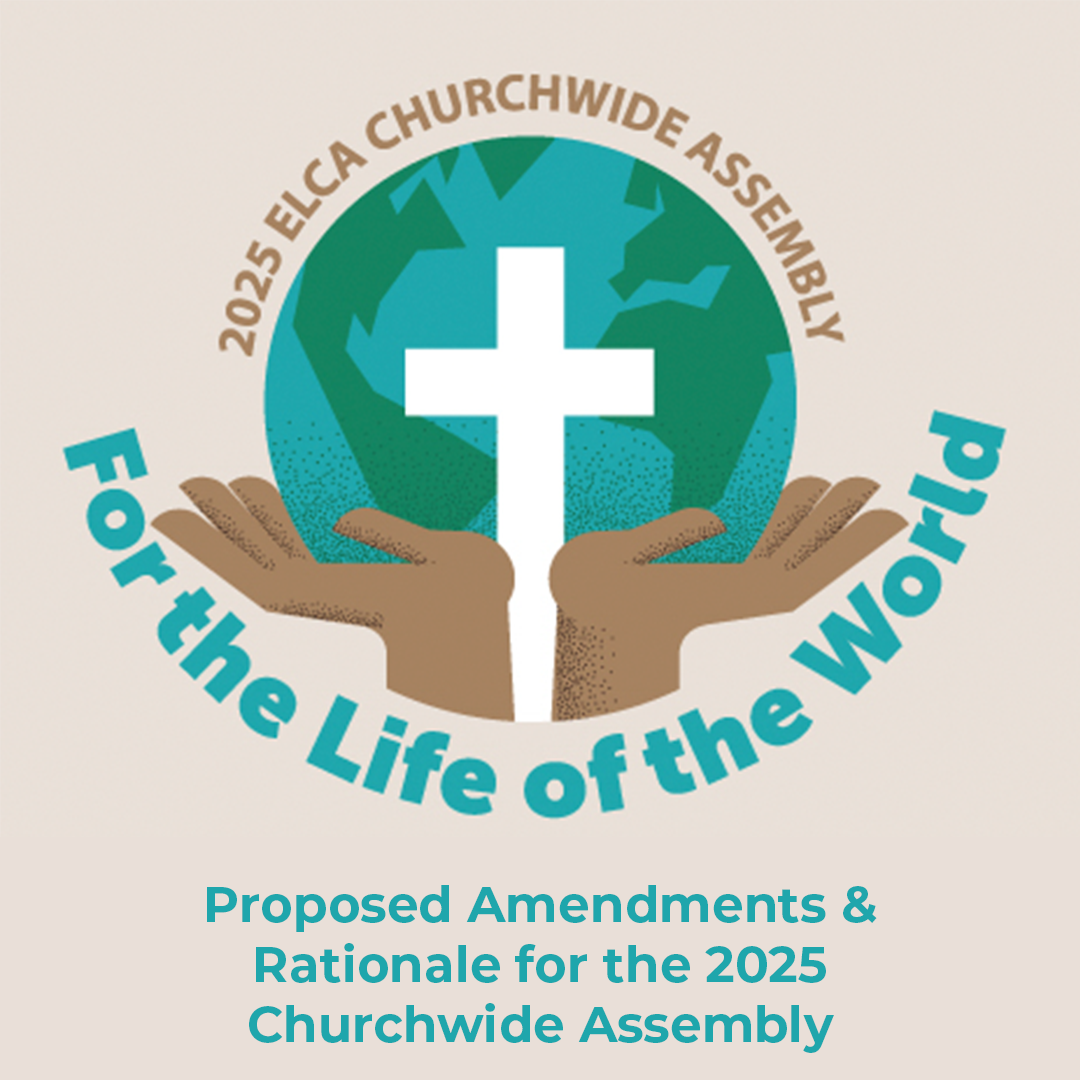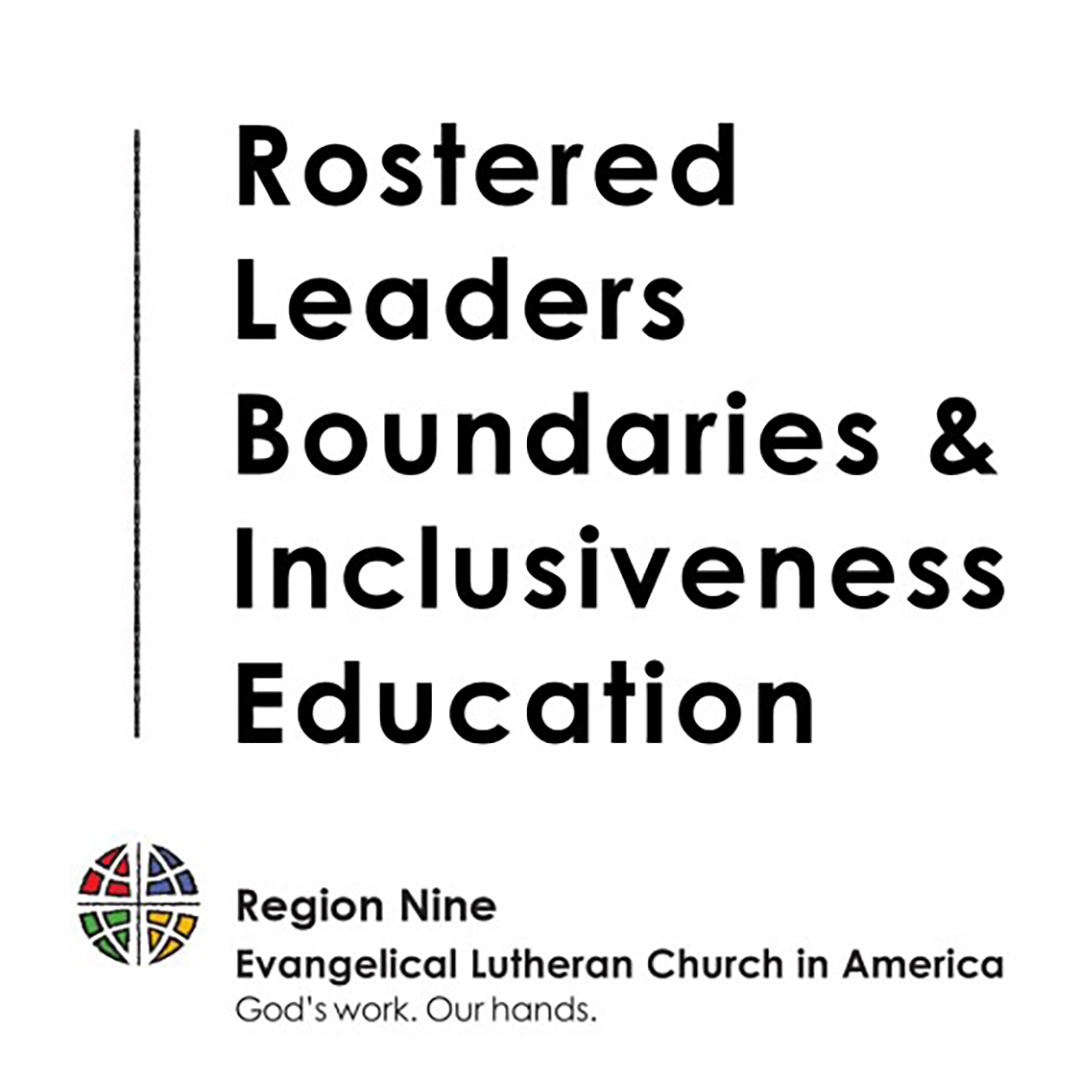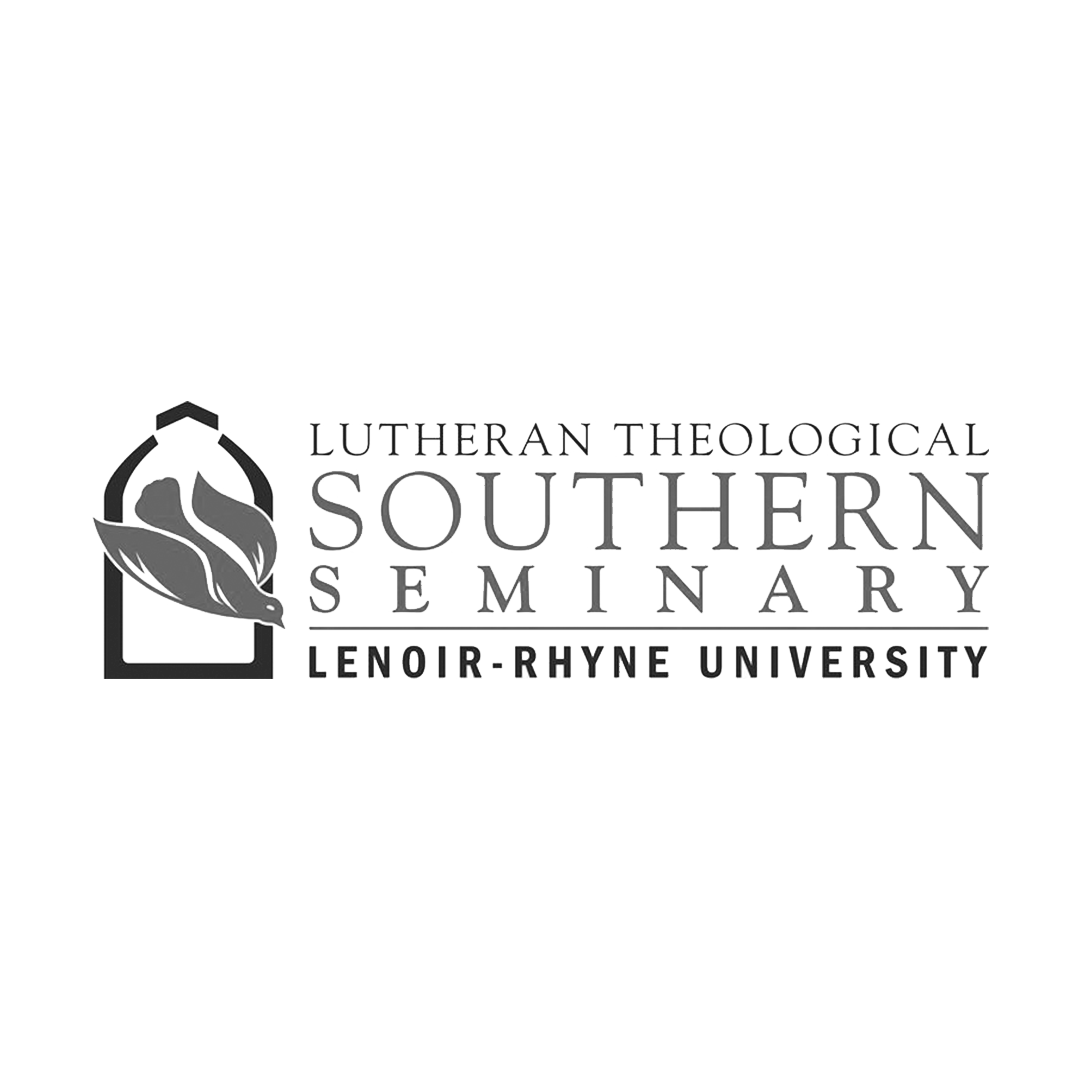By The Rev. Mark Scott
As we began the journey of celebrating two centuries in the South Carolina Synod, several issues became clear:
- The South Carolina Synod organized with few resources. And,
- The South Carolina Synod faced many early uncertainties.
Over the years, uncertainties became ministry. For instance, a young African-American man named Jehu Jones was the son of the owner of the finest hotel in Charleston. As free African-Americans in the city, the Jones family enjoyed rare social prominence.
Influenced by Pr. John Bachman of St. John’s Lutheran Church, Jones responded to a call to serve as a pastor in the Lutheran Church. However, Bachman also understood the national importance of Jones’ ministry and suggested that he might serve more effectively in Philadelphia than in Charleston.
Once he arrived in the city of Philadelphia, Jones secured the resources to begin the first Lutheran African American congregation in the United States. Yet, even in the North, his ministry would be a ministry of uncertainty because of an ongoing lack of financial resources.
Further, it seems beyond coincidental that Bachman’s efforts with his young protege’ resulted in the Ladies Sewing Society in St. John’s working to fund a seminary in South Carolina. Selling goods the women had produced in the local market provided the capital that established a Lutheran seminary in the midlands. When the seminary sought to call a President in 1831, someone left a note that remains in the archives that the Ladies Sewing Society might provide the money for the new President to move from Pennsylvania to South Carolina.
This surviving note testifies to the uncertainties of this new beginning. At the same time, it also indicates the faith that enabled the Synod’s formation in South Carolina. Many historical accounts omit the underlying inspirations people gain to act in certain ways. Yet the stories of history contain underlying stories of inspiration and hopefulness as the larger stories of faithful actions unfold.
In other words, the stories we celebrate from the last two centuries are really the stories made possible by an enduring faith that continues today. God has been at work in our history!
Further, as we move into a new month this week, we focus on the important roles women played in that history. The stories of women at work in the church in South Carolina have become legendary. As a committee, we seek to emphasize this important history with reminders of the cornerstone actions women undertook as they faced many uncertainties. Because of their strong faith, they knew God would act to overcome their uncertainties. Our anniversary committee hopes the stories we share during the coming months will help us all to appreciate an enduring legacy of faith as we move into a new century of service.













